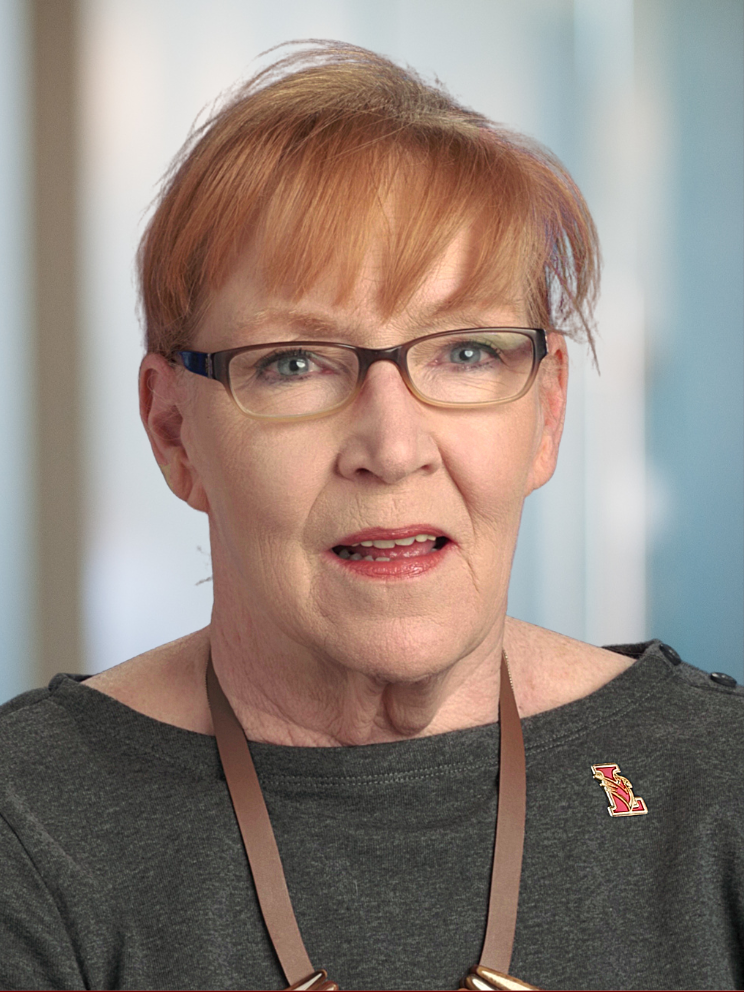Lately I’m reading a surprising number of memoirs written by adult children about their experiences with their parent(s) as they age. I find myself identifying so often with the authors’ stories, though my parents are no longer living.
So it was with The Bridge Ladies (2016), a memoir from 60-something Betsy Lerner, who finds herself living with her 83-year-old mother, Roz, for a week to assist with her recovery after surgery. They were never close; it seems that anti-establishment Betsy recoiled from most things Roz stood for, not the least of which was the bridge club. And now, 50 years later, Betsy returns to find the bridge ladies are still together.
Personally, I have fond memories of my mother’s bridge-club friends, although I could be giving it the rosy tint that memory sometimes offers. I’ve asked my siblings what they remember, and we agree; the ladies were terrific, but the ritual must have been hard for my mother, who often felt she didn’t measure up: her wardrobe was ho-hum, her decorating wasn’t current, she wasn’t an expert at the game itself. My mother had lived a charmed life until the Crash, when her stockbroker father lost so much more than his livelihood. I think Mom always felt she deserved more glamor and ease than she got from life. In my father, she found a life partner and a bridge partner. They played socially in different groups for years, but my mother lamented she wasn’t up to my dad’s proficiency.
When it was her turn to host the bridge ladies, though, she pulled out all the stops. We kids would be guinea pigs for the latest recipe, chosen to impress. Out came playing-card sets that included matching score pads, pencils, ashtrays and cigarette lighters. Linen tablecloths and napkins were ironed crisp for the two card tables. Polished and shined were the good china, crystal nut dishes, silver coffee-and-tea service and sherry glasses. And, yes, the living room was subjected to the dreaded white-glove test.
The ladies would play and eat and laugh. But their ritual lacked closeness, though I’m not sure the women themselves would have thought so. They never talked about anything intimate, never ventured into waters too personal or revealing.
Upon reentry into her mother’s world of bridge ladies, Betsy Lerner observed the same thing. There were life issues not discussed or belabored as they met in each other’s homes. A casserole, a ride, but no sharing of life’s disappointments and unrealized dreams. While she was writing her book, however, Lerner did get the bridge ladies to open up, to discuss parts of their lives they had never shared around the game table.
My mother always thought my generation revealed too much, was too intimate. Like the ladies at Roz’s bridge game, my mother kept so much inside, never sharing her inner thoughts or feelings even with this group of women she saw week after week, year after year. It wasn’t stoicism so much as the times. She often explained, “It just wasn’t done that way.” My siblings and I provided enough angst for my mother to discuss until the cows came home, but Mom’s bridge ladies shied away from the topic of their kids. (I know. I eavesdropped.)
No one in my immediate circle plays bridge, although maybe the book clubs are a modern-day incarnation. Some book clubs are more wine (and whine) than book, but the women forge bonds based on shared experience rather than the simple ritual of meeting. I wonder how many book clubs will stand the test of time for half a century, and how books of my daughters’ generation will judge our rituals.

Pepper Evans works as an independent-living consultant, helping older adults age in place. She is the empty-nest mother of two adult daughters and has extensive personal and professional experience as a caregiver. She has worked as a researcher and editor for authors and filmmakers. She also puts her time and resources to use in the nonprofit sector and serves on the Board of Education in Lawrence Township, NJ.



